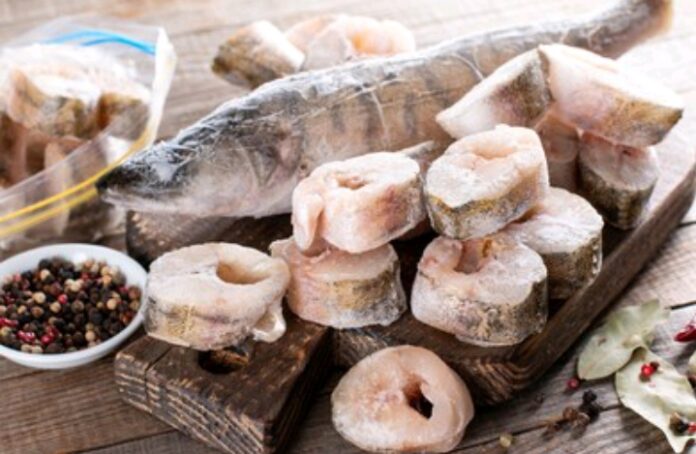Formaldehyde, a chemical used in embalming, has been used in the past to preserve certain foods, like fish, meat, and dairy.
Today, using formaldehyde in food is largely banned because it can be very harmful to your health. Long-term exposure to this chemical can lead to respiratory problems, skin irritation, and even cancer.
Even though formaldehyde is no longer commonly used in food preservation, there’s still a risk it might be found in some foods, especially if safety regulations aren’t followed strictly.
Foods that were historically preserved with formaldehyde include:
1. Fish: Especially in markets where refrigeration was inadequate.
2. Meat: Including beef, pork, and poultry.
3. Dairy Products: Such as milk and cheese.
4. Seafood: Like shrimp and crab.
While formaldehyde is largely banned in food preservation today, it’s essential to be cautious with any preserved or processed food products.

Here’s how you can protect yourself:
1. Buy from Trusted Sources: Purchase food from reputable stores or vendors known for their good hygiene practices. Avoid buying from markets that seem questionable.
2. Check Your Food: Look for any strange smells, colors, or textures. While this isn’t a guarantee, it can sometimes help you spot food that might not be fresh or properly preserved.
3. Stay Informed: Keep up with any food safety updates from local health authorities to stay aware of any potential risks.
By following these simple steps, you can reduce your risk of exposure to harmful chemicals and enjoy safer, healthier food.




